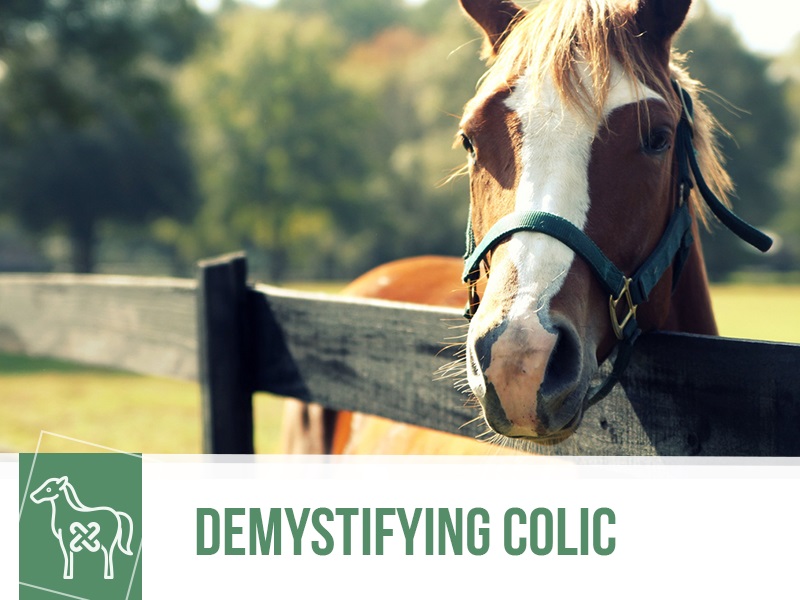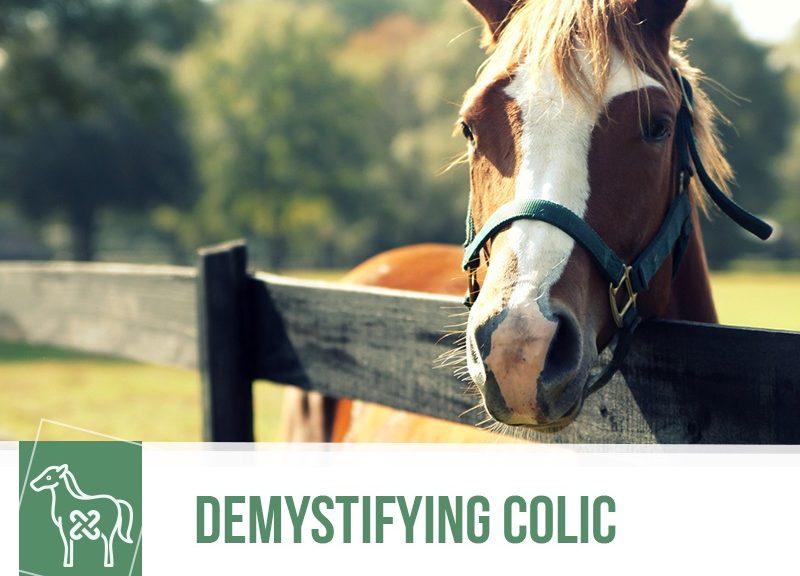
Colic is one of the horse owners most prominent nightmares and with good reason. Worldwide, it causes serious medical and economic problems in the equine population being only second to old age in terms of overall fatality rate. Colic sometimes seems so very unpredictable as some horses have a bit of pain and recover with simple medical treatment while others have to undergo surgery and still don’t make it.
The first thing that’s important to know about colic is what it is. Colic is defined as a manifestation of abdominal pain so it’s not actually a specific disease but a clinical sign associated with an immense number of diseases, which accounts for its often-unpredictable progress.
Adding to this, most of the times pinpointing the underlying condition of colic might involve complex exams and as such the cause of the colic remains undiscovered. Fortunately, this is because many cases of colic will be resolved with minimal intervention and attempting to pinpoint the cause would end up too invasive or too costly.
Most of the times the colic will be a problem of the gastrointestinal tract, also called a ‘true colic’, but problems in other body systems like uterus or obstructions of the bile ducts can also cause colic.
There are many ways a horse can signal they are experiencing abdominal pain, usually the first thing an owner will notice is lack of appetite and less ingestion of food. They may also be oddly restless, lie down more often, bite or kick the abdomen and as the level of discomfort progresses they might roll around or get up and lie down repeatedly.
Of course, each horse has its own personality and the severity of these signs might not correlate with the severity of the underlying disease.
One of the most important things to know when confronted with the possibility of a horse having a colic is that it must have prompt veterinary assessment. The vet will try and determine if it’s an uncomplicated problem or if it’s an issue that’s likely to complicate and after that they’ll decide on the best course of action.
If you think your horse might be exhibiting abdominal discomfort, give your vet a call as soon as possible. The sooner a proper evaluation is done, the better chance of having a good outcome!
Would you like to know more about horses? Check our Equine Courses:
